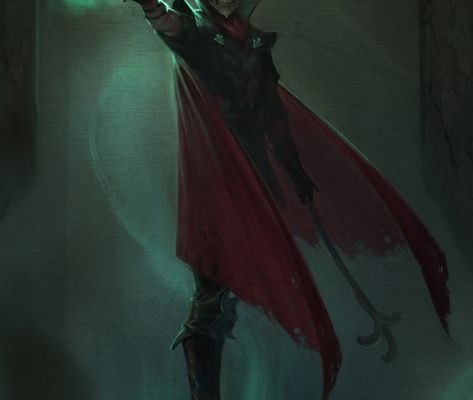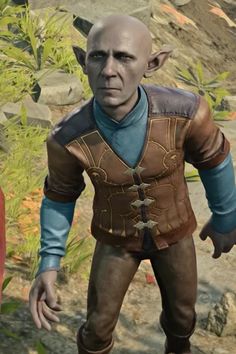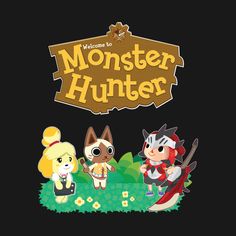The Best Traditional Roguelike Games

Roguelike games have carved out a niche for themselves in the hearts of die-hard gamers who yearn for a challenge, strategy, and the sweet reward of triumphing over punishing gameplay. These games are characterized by dungeon crawling, turn-based gameplay, tile-based graphics, and permanent death of the character. But what makes a roguelike game truly traditional? It’s an adherence to a set of core principles often referred to as the “Berlin Interpretation,” which includes aspects like random environment generation and character-building through gameplay progression rather than pre-designed skill trees.
Here are some of the best traditional roguelike games that have stood the test of time or left an undeniable mark on the genre:
1.Nethack (1987) – Nethack is one of the earliest and most influential roguelikes with ASCII graphics. Every time you play, you encounter new items, monsters, and mysterious interactions that can lead to unexpected outcomes. The thrill in Nethack derives from discovering all these minute and complex elements that can mean the difference between life or a very comical death.
2.Dungeon Crawl Stone Soup (2006) – An evolution from classics like Rogue and Moria, Dungeon Crawl Stone Soup is widely admired for its depth and complexity without being inaccessible. With an array of races and classes to choose from, each run demands a fresh strategy and offers a new story.
3.Brogue (2009) – Brogue is a game renowned for its simplicity paired with profound depth. The game is easy to get into but keeping your adventurer alive is nonetheless challenging. It champions tactical combat over grinding levels, with an emphasis on environmental interaction.
4.ADOM (Ancient Domains Of Mystery) (1994) – ADOM blends a captivating world replete with lore and storytelling with classic roguelike mechanics. The game includes quests which can lead to multiple endings based on player actions—a significant narrative achievement in traditional roguelikes.
5.Angband (1990) – Loosely based on J.R.R. Tolkien’s works, Angband offers players a deep dive into Middle-earth where they must delve through 100 levels of Morgoth’s fortress. It’s known for its expansive monster population and high learning curve.
6.Tales of Maj’Eyal (ToME) (2012) – Though it modernizes some aspects for accessibility, ToME retains core traditional mechanics such as permadeath and procedural generation while providing intricate character customization options.
7.Rogue (1980) – Where it all began; Rogue is the genesis title that gave birth to the genre itself. While it may seem primitive by today’s standards, its gameplay loop of loot, battle, die, repeat is as addictive now as it was four decades ago.
These titles represent pillars in the temple of traditional roguelike games — each one has contributed something to the pantheon by either sticking faithfully to the traditional formula or by innovating within its rigid constraints to create something unique.






